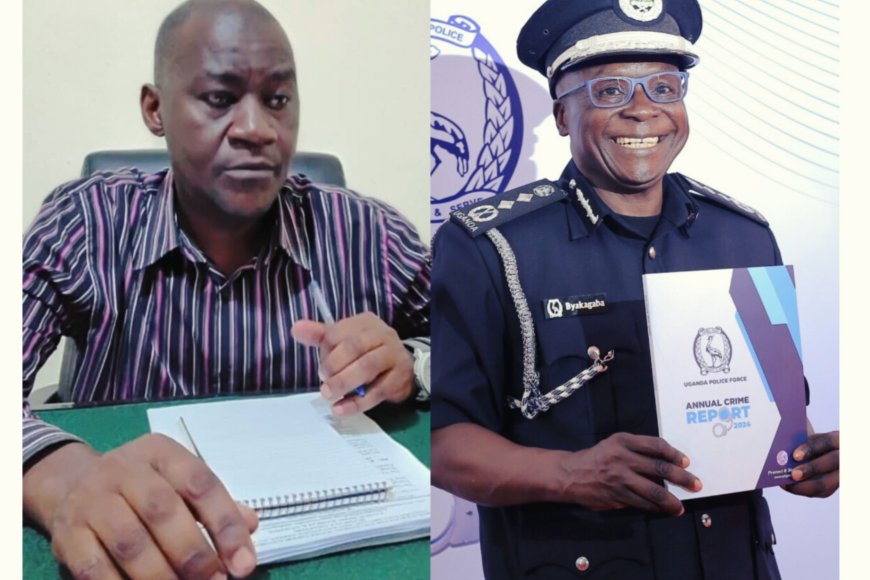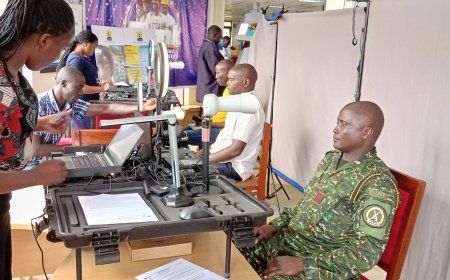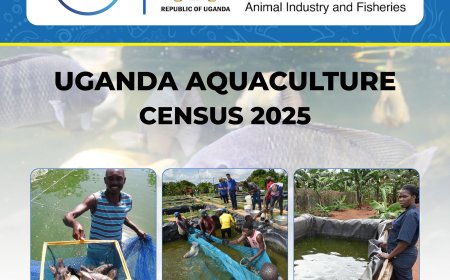Every Ugandan Counts: NIRA Rolls Out Mass National ID Registration Exercise
Speaking at the Uganda Media Centre, Ms. Kisembo confirmed that the National Identification Register currently holds biometric and biographic records of 27.7 million Ugandans. However, with millions of National Identity Cards set to expire by June 2025, she emphasized the urgency of the exercise, which is targeting the renewal of 15.8 million cards and registration of an additional 17.2 million Ugandans, especially those who missed previous enrolments.
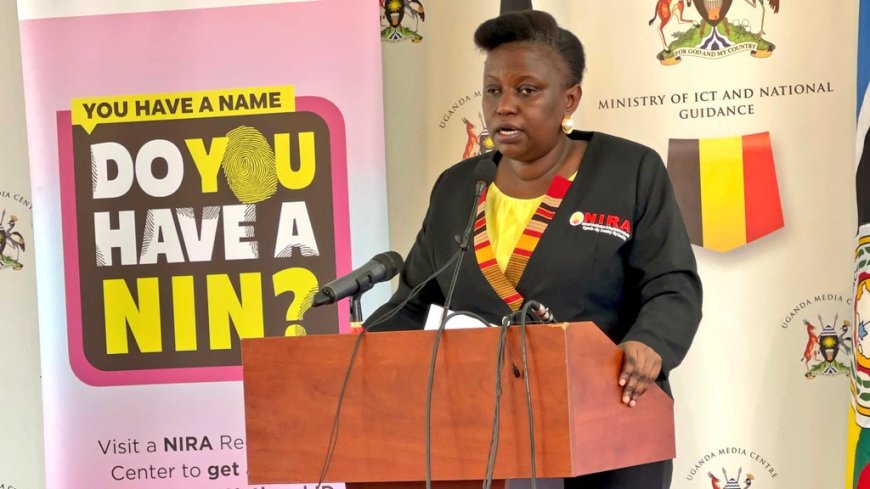
The Executive Director of the National Identification and Registration Authority (NIRA), Ms. Rosemary Kisembo, officially addressed the media on the status and progress of the upcoming National ID Mass Enrolment and Renewal Exercise, which is set to commence on 27th May 2025.
Speaking at the Uganda Media Centre, Ms. Kisembo confirmed that the National Identification Register currently holds biometric and biographic records of 27.7 million Ugandans. However, with millions of National Identity Cards set to expire by June 2025, she emphasized the urgency of the exercise, which is targeting the renewal of 15.8 million cards and registration of an additional 17.2 million Ugandans, especially those who missed previous enrolments.
“It is important to note that many of the cards have already expired,” Ms. Kisembo stated, highlighting the need for swift public response. “Every citizen has the responsibility to present themselves at the nearest registration center with the necessary documentation to either register or renew their National IDs.”
Massive Operation Across 10,594 Parishes
The mass enrolment campaign will run from Monday to Saturday, leveraging a rotational ‘comb and clean’ approach across 10,594 parishes nationwide. Each registration center will be equipped with a minimum of 10 biometric kits, with adjustments based on unique local conditions.
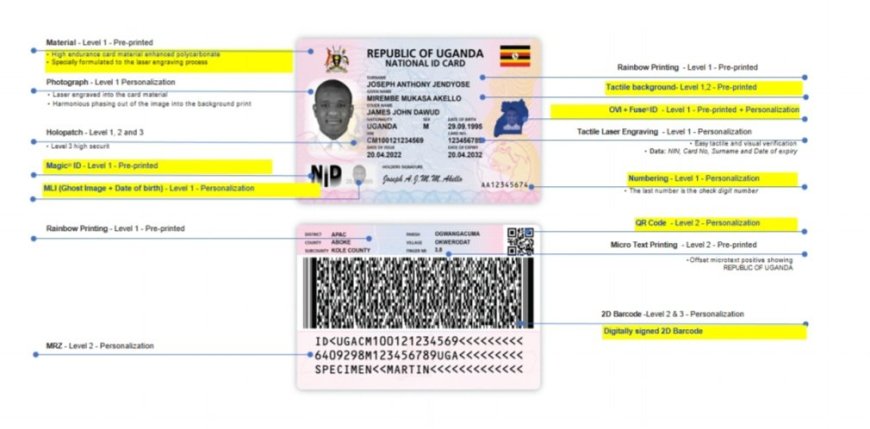
NIRA has made extensive preparations, allocating 5,300 biometric kits for use in the field, out of a total 5,500 available. Areas with higher populations—such as Wakiso (413 kits), Kampala (207 kits), and Yumbe (91 kits)—have been prioritized in distribution. Each kit will be operated by two trained Registration Agents (RAs).
Ms. Kisembo urged every Ugandan to mobilize families and neighbors to participate actively in the exercise. This includes infants, teenagers, the elderly, and persons with disabilities.
Local authorities—LC1 chairpersons, Parish Chiefs, GISOs, and DISOs—will play a crucial role in public mobilization, identifying vulnerable individuals, and overseeing the registration process at the grassroots level. District Coordination Committees, chaired by the Resident District Commissioners (RDCs), will coordinate the entire district operation, including staff recruitment, kit logistics, and citizenship verification for queried cases.
Security agencies have also been tasked with maintaining order at registration centers, as well as the protection and charging of biometric kits.
Beyond the mainstream population, registration efforts will extend to specialized centers, including prisons, embassies, and institutions catering to children at risk. This ensures that no Ugandan, regardless of their circumstance, is left behind in this national identification effort.
Kisembo revealed that the new National ID has been redesigned with advanced security and digital features, including:
Multiple Laser Image (MLI): Prevents forgery through multi-angle visual security.
Machine Readable Zone (MRZ): Facilitates quick data capture by electronic scanners.
QR Codes and 2D Barcodes: Enable encrypted, machine-readable information for fast verification.
Digital Integration: Supports online and offline identity verification, digital signatures, secure credential access, and compatibility with mobile and eGovernment platforms.
“These features will greatly enhance the usability, security, and integrity of our national identity system,” she said.
For Ugandans needing to update their personal data—such as names, gender, date of birth, or photographs—NIRA has provided detailed guidelines under nine major change categories available at www.nira.go.ug.
Applicants are urged to visit the website to understand requirements before heading to a registration center.
The 2025 National ID Mass Enrolment and Renewal Exercise is poised to be one of the most inclusive and technologically advanced operations in Uganda’s identity management history. With a projected target population exceeding 45 million Ugandans, this drive will ensure that every citizen can access vital services and exercise their rights, including the right to vote in the upcoming 2026 General Elections.
NIRA encourages the public to stay informed, get involved, and ensure that no one is left unregistered.
For more information, visit: www.nira.go.ug































































